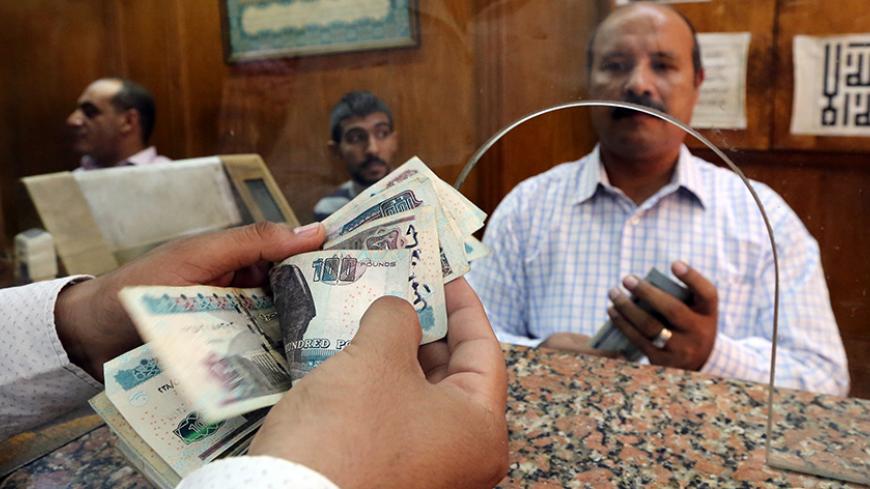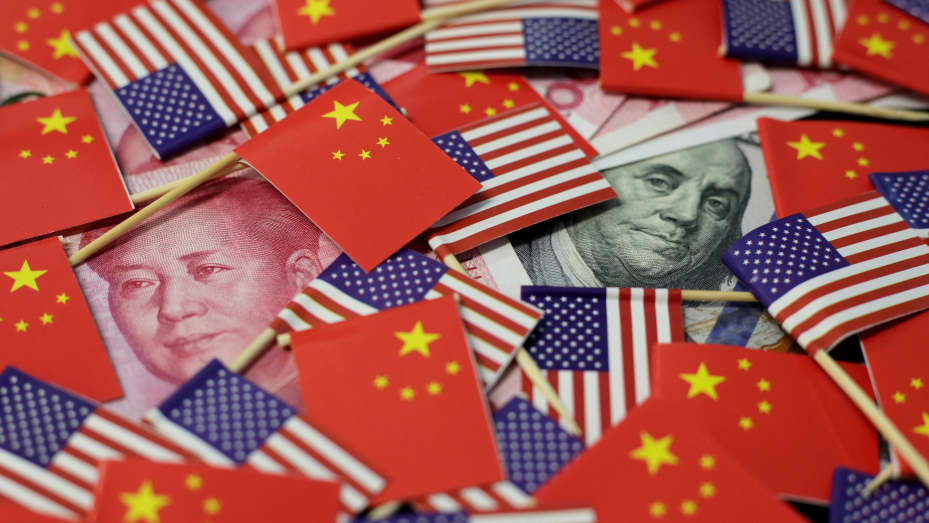Egypt’s pound fell to a new low, although it is still substantially higher than the black-market rates. This indicates the possibility of additional depreciation as the North African nation confronts a foreign-exchange crunch.
Egypt’s pound increased 1.6% as of 4:22 p.m. on Monday, bucking the strength of its peers in emerging markets after a 9% devaluation last week. According to traders, the currency pairs fluctuated between 27.6 and 31 per dollar.
Even after its third currency devaluation since March, Egypt struggles to narrow the gap between the black market pound and the official exchange rate. Because of the impact of Russia’s invasion of Ukraine, foreign currency is in short supply.
According to Goldman Sachs analysts, this suggests that there is still a large volume of unmet domestic FX demand.
According to the experts, Egypt’s most recent policy actions may have failed to rebuild trust in the currency, a crucial component to sustain confidence in the FX-inflation feedback loop.
The Country Needs Allies’ Helping Hands
Egypt is attempting to clear the logjam of imports at its ports, contributing to a buildup of unfulfilled demand for dollars. It needs more foreign financing. By committing to adopt a flexible exchange rate, which the Washington-based lender supports, it received a $3 billion loan from the International Monetary Fund in October.
Egypt’s Gulf allies have offered more than $20 billion in deposits and investments. They look forward to assisting a nation they consider critical to regional peace and stability.
Officials have reported progress in clearing the logjam of imports at the pound’s harbors, which contributed to the pound’s depreciation.
Analysts have indicated that the government needs to ensure adequate foreign currency liquidity to meet demand. Additionally, it has to show proof of the effective control of the parallel exchange market. This has to be done for the depreciation to bear fruit.
















